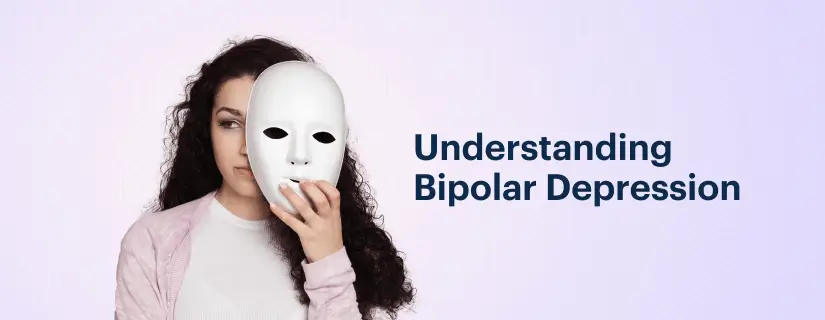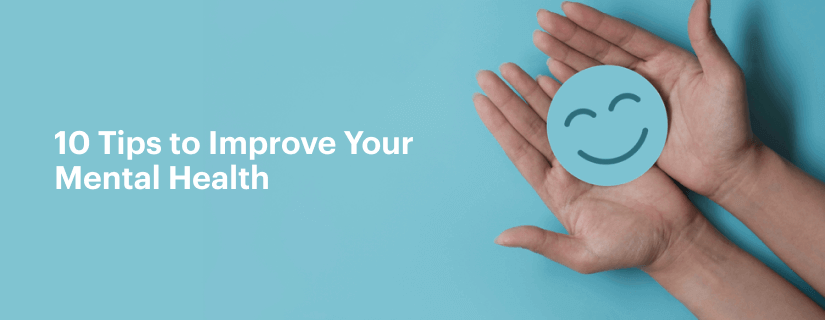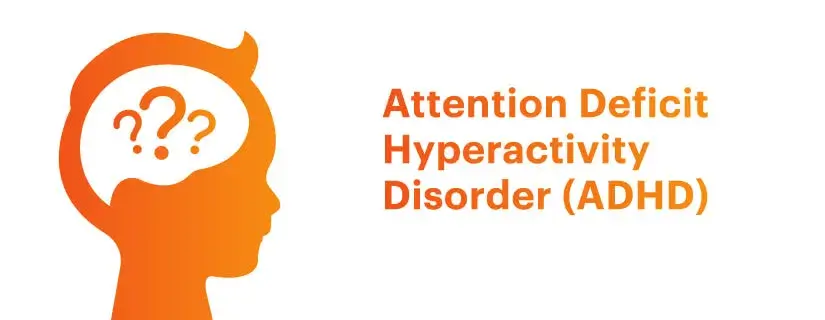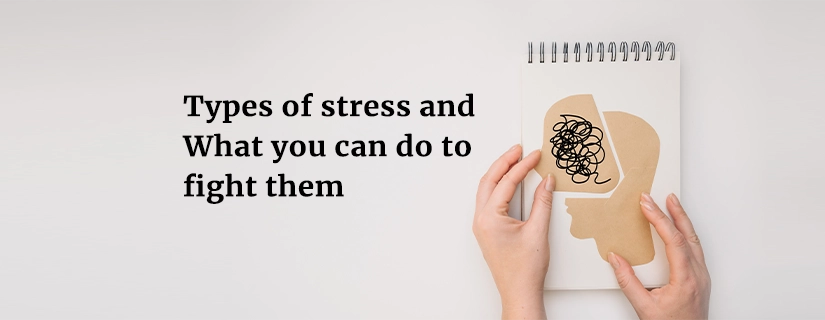-
Doctors
-
Specialities & Treatments
Centre of Excellence
Specialties
Treatments and Procedures
Hospitals & Directions HyderabadCARE Hospitals, Banjara Hills CARE Outpatient Centre, Banjara Hills CARE Hospitals, HITEC City CARE Hospitals, Nampally Gurunanak CARE Hospitals, Musheerabad CARE Hospitals Outpatient Centre, HITEC City CARE Hospitals, Malakpet
HyderabadCARE Hospitals, Banjara Hills CARE Outpatient Centre, Banjara Hills CARE Hospitals, HITEC City CARE Hospitals, Nampally Gurunanak CARE Hospitals, Musheerabad CARE Hospitals Outpatient Centre, HITEC City CARE Hospitals, Malakpet Raipur
Raipur
 Bhubaneswar
Bhubaneswar Visakhapatnam
Visakhapatnam
 Nagpur
Nagpur
 Indore
Indore
 Chh. Sambhajinagar
Chh. SambhajinagarClinics & Medical Centers
Book an AppointmentContact Us
Online Lab Reports
Book an Appointment
Consult Super-Specialist Doctors at CARE Hospitals
Understanding Bipolar Depression
Updated on 8 August 2022

Bipolar disorder, previously known as manic depression, refers to a certain mental health disorder which leads to severe mood swings comprising emotional highs, called mania or hypomania, and emotional lows, called depression.
When experiencing depression, the patient feels sad and hopeless, often losing interest in most activities. On the flip side, once patient experiences mania or hypomania, they are euphoric, energetic and often irritable. Such mood swings affect a person's thinking, feeling and behaviour and put them in danger.
These phases of mood swings may be experienced rarely or even several times in a single year. Many patients experience certain emotional periods between these episodes, while others don't experience any of it.
Even though bipolar depression is an incurable and permanent condition, it is possible to manage the symptoms due to mood swings by undergoing treatment from an experienced Psychiatrist In Hyderabad. Most patients with bipolar disorder are treated using mood stabiliser medications along with psychotherapy.
Symptoms of Bipolar Depression
Here are some bipolar disorder signs and symptoms:
There are several types of bipolar disorder. This includes Patients who may present with a minimum of at least 1 episode of mania or hypomania and at least 1 episode of depression. Symptoms might cause sudden changes in the patient's mood and behaviour, leading to significant problems in their life. While bipolar disorder can be detected at all ages, it is usually diagnosed in teenagers. Symptoms vary from patient to patient, as well as with time.
-
Bipolar I: Having at least one manic phase preceded or succeeded by a major depressive phase. This can also result in a detachment from reality or psychosis.
-
Bipolar-II: Having a major depressive phase with a hypomanic episode but without any experience of a manic episode. This is not a less severe type of Bipolar I but a completely different diagnosis. In bipolar I, manic episodes are severe, while Bipolar II can cause longer depressive episodes.
-
Cyclothymic Disorder: Having at least two years of multiple episodes of hypomania symptoms as well as depressive episodes.
Mania and Hypomania
Although these are two completely different kinds of episodes, they ultimately show similar symptoms. Mania is the extreme form and results in increasing problems in the patient's professional and social life, along with difficulties in maintaining relationships. Such episodes can also result in a cut-off from reality or psychosis where hospitalisation is mandatory for treatment.
Major Depressive Episode
Such an episode can show symptoms which are serious enough to result in apparent hardships in regular daily activities, including professional, social and personal activities. This episode has to include at least five of the symptoms listed below:
- Depressed moods with feelings of sadness, emptiness, or hopelessness can also show up as irritability among teenagers
- Clear lack of interest and absence of pleasure in most regular activities
- Apparent weight loss without explanation, sudden and abnormal weight gain, decreased or increased appetite
- Disturbed sleep cycle and instances of either insomnia or excessive sleeping
- Absolute restlessness or slower behaviour
- Fatigue and complete energy loss
- Feeling worthless and excessively or inappropriately guilty
- Reduced thinking and concentrating ability, along with indecisiveness
- Planning, attempting, and engaging in suicidal thoughts.
Prevention
There has been no proven method of preventing bipolar disorder. Nonetheless, asking for help and treatment with the earliest possible symptom of any mental health problem definitely helps control bipolar disorder as well as other conditions related to mental health from getting worse.
Once you are already diagnosed as having bipolar disorder, certain strategies will help prevent mild symptoms from turning into severe phases of mania and depression.
It is imperative to pay attention to the mildest warning signs. Treating symptoms early will help in the prevention of worsening episodes. With time one can identify some kind of patterns in the bipolar episodes along with their triggers. Reach out to your doctor every time you think you can fall into the phases of depression and mania. Include family members and friends to assist you in looking out for these warning signs. Cut the use of drugs and alcohol completely. Using alcohol and drugs will surely worsen the symptoms of bipolar disorder and result in a greater likelihood of them coming back.
Conclusion
Not consuming your medication or even reducing the prescribed dose by yourself is bound to result in withdrawal, worsening, or returning of symptoms. Bipolar Depression demands you to be careful and make changes in your lifestyle to improve your living and symptoms consequently. Administer your medicines prescribed by the specialist of the Psychiatry Hospitals in Hyderabad exactly as instructed. There are times when you feel like stopping the treatment but never give in to those ideas. Stay determined and consistent to fight the problems that come your way.
ENQUIRY FORM
SELECT CATEGORIES
-
Neurosciences (16)
-
Neurology (37)
-
Neurosurgery (14)
-
Orthopaedics (48)
-
Oncology (33)
-
Obstetrics and gynecology (52)
-
Pulmonology (23)
-
Urology (20)
-
Nephrology (13)
-
Psychiatry (7)
-
Dietetics and Nutrition (111)
-
General Medicine (63)
-
Cardiac Sciences (32)
-
Vascular & Endovascular Surgery and Interventional Radiology (15)
-
Gastroenterology (46)
-
Endocrinology (23)
-
Plastic Surgery (10)
-
Critical Care Medicine (5)
-
COVID-19 (16)
-
Dermatology (16)
-
Emergency Care (1)
-
Ophthalmology (4)
-
Pediatrics (14)
-
Laparoscopic and Bariatric Surgery (8)
-
ENT (15)
-
Kidney Transplant (1)
-
Liver Transplantation and Hepatobiliary Surgery (5)
-
General Surgery (3)
-
Internal Medicine (5)
-
Medicine Information
6 Ways You Can Improve Your Mental Health Today
6 Signs You’re Struggling with Mental Health Problems
YOU MAY ALSO LIKE
RECENT BLOGS
-

Preterm Birth (Premature Birth): Symptoms, Causes, Treatment and Prevention
13 May 2025
Read More
-

Rotablation Angioplasty: Benefits, Treatments, And Recovery Time
9 May 2025
Read More
-

What Is The Difference Between IUI and IVF?
9 May 2025
Read More
-

Venous Malformations: Causes, Symptoms, and Treatment
30 April 2025
Read More
-

Varicose Vein Foam Sclerotherapy: Treatment, Benefits, and Procedure
30 April 2025
Read More
-

Radiofrequency (RF) Ablation Treatment for Varicose Veins: Know More
30 April 2025
Read More
-

Varicose Vein Sclerotherapy: Treatment, Benefits, and Procedure
30 April 2025
Read More
-

Varicose Vein Endovenous Laser Ablation: Procedure, Benefits, Risks
30 April 2025
Read More
Have a Question?
If you cannot find answers to your queries, please fill out the enquiry form or call the number below. We will contact you shortly.






